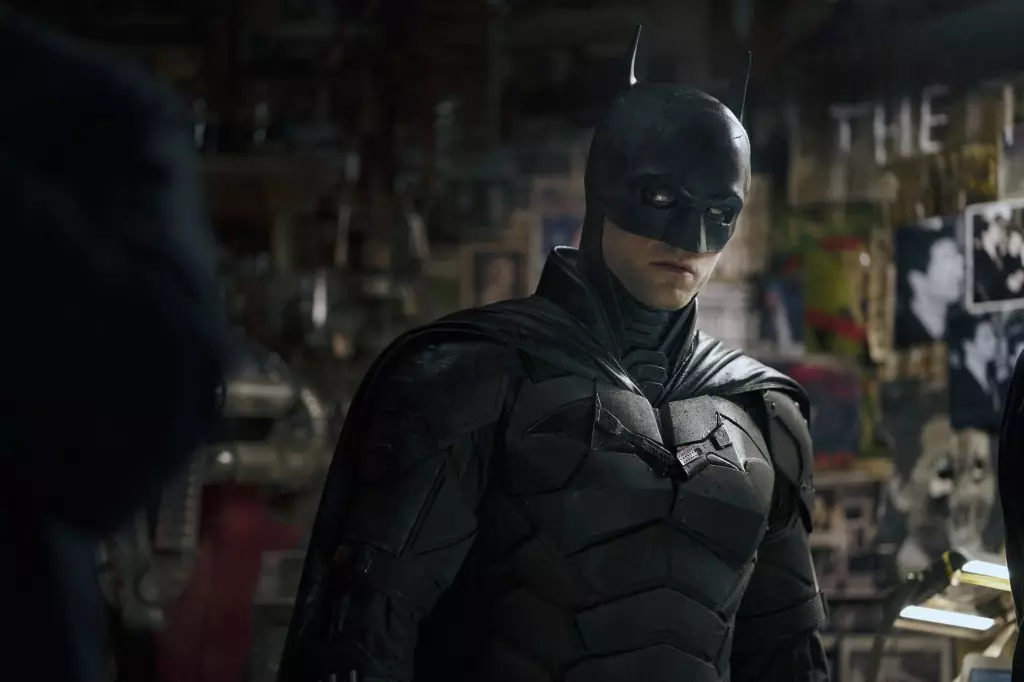In the wake of post-Christmas adjustments and strategic planning for 2027 release dates, Warner Bros. is making noteworthy changes to its upcoming film slate. The studio is not only modifying release dates but also reconsidering its position in a competitive market, particularly around popular franchises. This article explores these adjustments and their potential implications on the future of Box Office dynamics and audience engagement.
One of Warner Bros.’ most significant shifts is the postponement of Matt Reeves’ highly anticipated sequel to The Batman from October 2, 2026, to October 1, 2027. The decision to delay comes amid concerns regarding production schedules and the intricacies of visual effects (VFX) that are expected to dominate this sequel. Given that the actual filming isn’t slated to commence until late summer, pushing the release back a year not only provides ample time for thorough post-production but also strategic positioning in the competitive movie landscape.
The original Batman film, which released in the midst of the pandemic, set impressive box office records, earning $369.3 million domestically and $772 million worldwide. This success sparked off a franchise that now includes a spinoff series, The Penguin. Given that this project has already established a considerable viewer base, the sequel’s potential for box office success is significant, especially with an IMAX presentation that attracts more audiences.
Taking over the original release date of The Batman sequel is a yet-to-be-titled project directed by the acclaimed Alejandro González Iñárritu and starring Tom Cruise. Set to release on October 2, 2026, this film is generating considerable discussion due to its focused narrative surrounding a powerful figure in a deep existential crisis. The film’s heavy star power and distinct premise signify potential mass appeal, especially considering the talent involved including Sandra Hüller and Riz Ahmed.
What makes this particular change intriguing is the historical significance of the October release window for Warner Bros., highlighted by the massive success of Joker in 2019. The studio appears committed to solidifying a reputation for blockbuster hits during this season, which could lead to a potential revitalization of October as a lucrative month for major studio releases.
Further complicating the release landscape, Warner Bros. has shifted the film Mickey 17, directed by acclaimed filmmaker Bong Joon Ho, to March 7, 2024. This strategic move allows the film additional time to shine in IMAX, leveraging the post-production period effectively for a project that boasts significant anticipation, given Ho’s previous Oscar-winning work on Parasite.
Conversely, the genre-bending film Sinners will now occupy Mickey 17’s original Easter weekend launch on April 18. Directed by Ryan Coogler and starring Michael B. Jordan, this film centers on twin brothers facing a returning dark nostalgia, promising a blend of emotional depth and thrilling suspense. In an Easter weekend historically dominated by blockbuster releases, Sinners’ marketing strategy could capitalize on this tradition, especially considering past successes such as Batman V. Superman.
Moreover, with the sizzle surrounding the spate of releases—ranging from animated features to horror films—the competition is set to be fierce. Such strategic scheduling speaks volumes about Warner Bros.’ intention to seize high-traffic periods for maximum audience exposure.
Warner Bros. is navigating a complex landscape of movie merchandising, release date adjustments, and audience engagement strategies as it gears up for 2026 and beyond. The calculated postponements showcase the studio’s awareness of market dynamics and audience sentiments while allowing room for creative excellence and visual storytelling.
As the film industry gradually transitions back to a ‘normal’ state post-pandemic, Warner Bros.’ moves reflect a broader shift in how studios are approaching release timing and audience capture. Overall, the strategic changes made by Warner Bros. are not just about looking good on paper; they resonate with a deep understanding of the evolving cinematic landscape, emphasizing quality, timing, and audience expectations.

